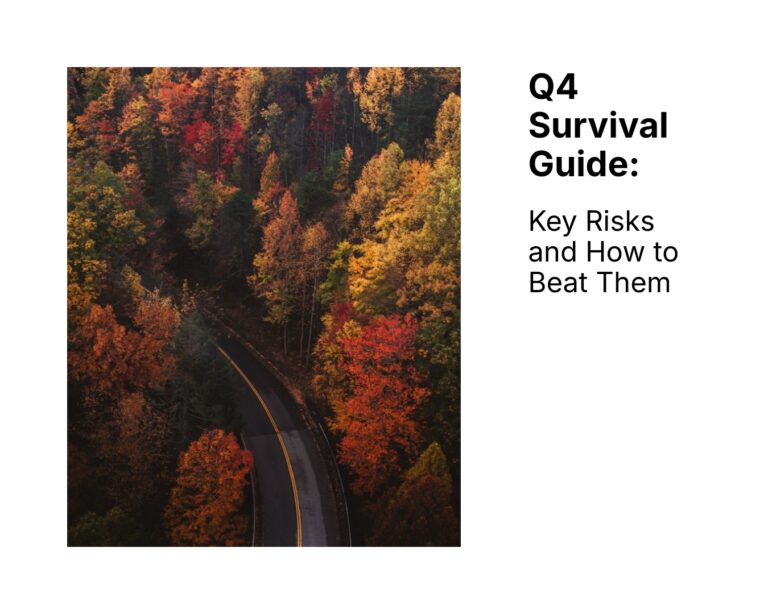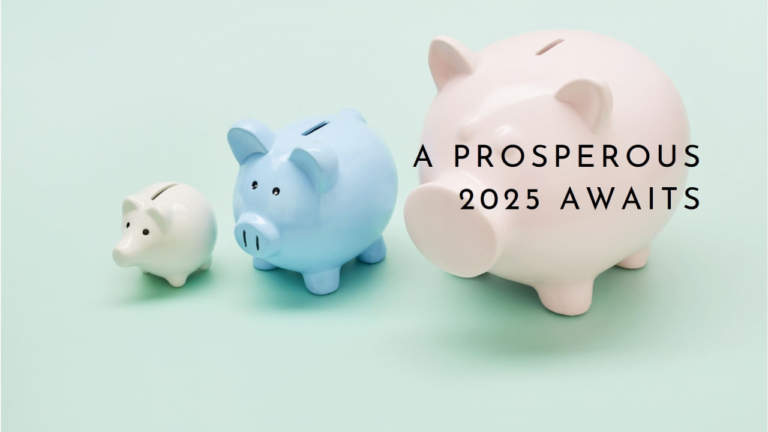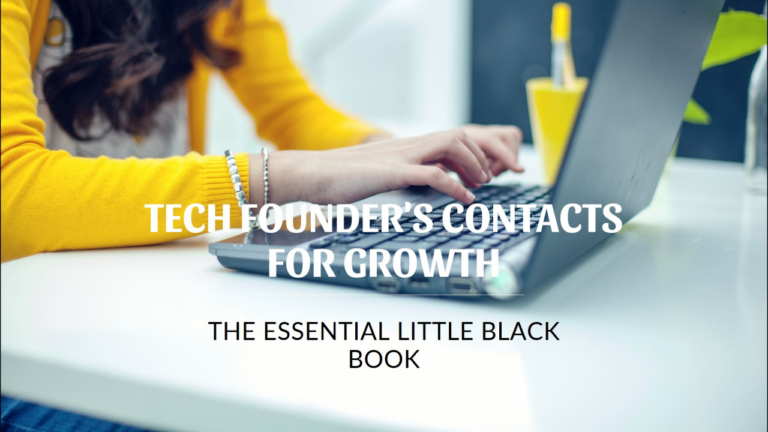Support Mechanisms for Businesses on Their Net-Zero Journey
We are all aware of the dire need to address climate change. The media repeatedly states that SMEs are critical to achieving the country’s net-zero target. Yet businesses on their net-zero journey feel overwhelmed and undersupported by the government in this endeavour.
In addition, environmental, social, and governance criteria (ESG), seen as a critical component on the path to net-zero, are somewhat in conflict. The theory is sound, but the supporting infrastructure is missing.
While many businesses want to embrace change, the challenges are unprecedented. Change has to come, but the process itself must be sustainable.
This article focuses on available support mechanisms for businesses on their net-zero journey through sustainable business practices. Where do you start, and who can offer genuine help?
Net-Zero, The Elephant in the Room
Challenging topics can become more complex when terms are applied. The intent is undoubtedly to simplify the matter, but often the opposite occurs.
Sustainability is one such term.
Likely the most famous and appropriate definition of sustainability is from the United Nations Brundtland Commission, which said sustainability is:
“meeting the needs of the present without compromising the ability of future generations to meet their own needs.”
It gives us a nice broad brush. We need to consider our needs, as well as the needs of future generations.
However, the term sustainable becomes more convoluted when applied to different aspects of business, and organisations attempt to incorporate environmental, social, and governance (ESG) considerations.
ESG Criteria
Environmental considerations include:
- climate change mitigation and adaptation
- the preservation of biodiversity
- pollution prevention
- and the circular economy
Social considerations include:
- issues of inequality
- inclusiveness
- labour relations
- investment in human capital and communities
- as well as human rights issues
Governance incorporates
- management structures
- employee relations
- executive remuneration
- and the inclusion of social and environmental considerations in the decision-making process
Now tack on net-zero targets to that, and your head is likely spinning.
The change seems insurmountable.
This year is surely one of the most challenging in history for businesses and achieving what seems to be a separate agenda is doubtful.
So, here’s where to start.
- You need a plan, and perhaps the first step is acknowledging that this change complements your business growth and survival. It is not a separate issue.
- You need to start taking action. Small actions are good, but action is essential and needs a solid commitment. Keep up the momentum.
No one knows your business better than you. Only you and your staff can fathom how considerations such as ESG, sustainability, and net-zero targets apply to your business model. Nevertheless, you are not on your own.
In the next section are some of the existing support mechanisms for businesses accepting this challenge.
Support Mechanisms for Businesses on Their Net-Zero Journey
The Business Climate Hub: This is about calculating and reducing carbon emissions and is aimed at SMEs. It is a free support mechanism that offers generic resources on the website and tailored resources once you register. It is not a quick task, but it is beneficial. Break the process down into steps and make someone in your organisation the champion of this action. They can then cascade information and progress back to you.
Givvable: This AI-Powered data platform allows businesses to identify and track suppliers’ sustainability and ESG actions, thus promoting an ethical and resilient supply chain. There is a pricing structure, but you can set up a free account to look up and invite suppliers to the platform. Supply chain analysis is another incremental step. Set yourself achievable goals and start the process. And don’t forget to shout about what you are doing to your customers.
Free OU Courses – Multiple organisations are offering to support you on your net-zero journey, and if you have sufficient resources, there is nothing wrong with recruiting their services. However, there is so much free support. Granted, you still have to allocate time and, as such, resources, but as we have said, no one knows your business better than you, so perhaps the best people for the job and already within your organisation.
The Open University offers multiple free courses on the environment, some specifically tailored to business, such as:
- Introducing environmental decision making
- Supply chain sustainability
- Sustainable innovations in enterprises
There is a financial aspect to any change, and finding any spare resources at present is tough. So as always, we encourage you to take five and speak to your finance director about allocating resources and recouping costs. A phone call is also free. Contact us today.










